Choosing the Right HVAC Filters for Allergy Season
Best HVAC Filters for Allergy Season
Seasonal allergies can turn a beautiful time of year into a constant struggle for many homeowners. With the right HVAC filters, you can minimize allergens in your home, creating a cleaner, healthier environment. J. Halligan & Sons Heating and Air Conditioning is here to help you choose the most effective HVAC filters for allergy relief.
Why Your HVAC Filter Matters During Allergy Season
HVAC filters play a vital role in trapping dust, pollen, pet dander, and other particles that can trigger allergies. A quality filter can help reduce these contaminants, keeping your indoor air fresh and allergen-free.
Key Factors to Consider When Choosing an HVAC Filter
1. Filter MERV Rating
The MERV (Minimum Efficiency Reporting Value) rating indicates a filter's ability to capture particles. Higher ratings mean better filtration but may reduce airflow if not compatible with your HVAC system. For allergy season, a MERV rating between 8 and 13 is usually optimal, balancing filtration efficiency with system performance.
Tip: J. Halligan & Sons can help you choose the best MERV rating for your specific HVAC setup.
2. Type of Filter Material
HVAC filters come in various materials, including fiberglass, pleated, and HEPA (High-Efficiency Particulate Air). For allergy reduction, pleated filters are a popular choice because they capture smaller particles without restricting airflow too much. HEPA filters are highly effective for allergies but may require a compatible HVAC system.
Tip: If your system can handle HEPA filters, they are ideal for trapping even the smallest allergens.
3. Frequency of Filter Replacement
Replacing filters regularly is essential for maintaining air quality and HVAC efficiency. During allergy season, change filters every 1-2 months or more frequently if allergies are severe.
Tip: Schedule reminders with J. Halligan & Sons so you never miss a replacement during peak allergy season.
4. Consider an Air Purifier Add-On
For enhanced allergen control, adding an air purifier to your HVAC system can be highly beneficial. These purifiers work alongside your filter to remove even more particles from the air, creating a cleaner and more breathable environment for those with allergies.
Tip: Ask J. Halligan & Sons about integrated air purifiers and the options available for your HVAC system.
5. Opt for Eco-Friendly Filters
If sustainability is important to you, consider eco-friendly filters. Many manufacturers now offer biodegradable or recyclable filters that maintain strong filtration without harming the environment.
Tip: Our team at J. Halligan & Sons can help you find eco-friendly options that work with your HVAC system.
Types of HVAC Filters and Their Allergy-Reducing Benefits
- Fiberglass Filters: Low-cost and effective for basic dust and debris but not ideal for allergens.
- Pleated Filters: Affordable and efficient, capturing particles like pollen and pet dander.
- HEPA Filters: Maximum efficiency for allergy relief, though not suitable for all HVAC systems.
- Washable Filters: Reusable but need frequent cleaning; best for light allergen control.
-
Choose the Right Filter with J. Halligan & Sons
Choosing the right HVAC filter is a key step toward making your home a sanctuary during allergy season. At J. Halligan & Sons Heating and Air Conditioning, we’re dedicated to helping you find the best filter options to improve your air quality and keep your HVAC system running smoothly. Contact us today for expert advice and to explore filter options that best suit your needs!


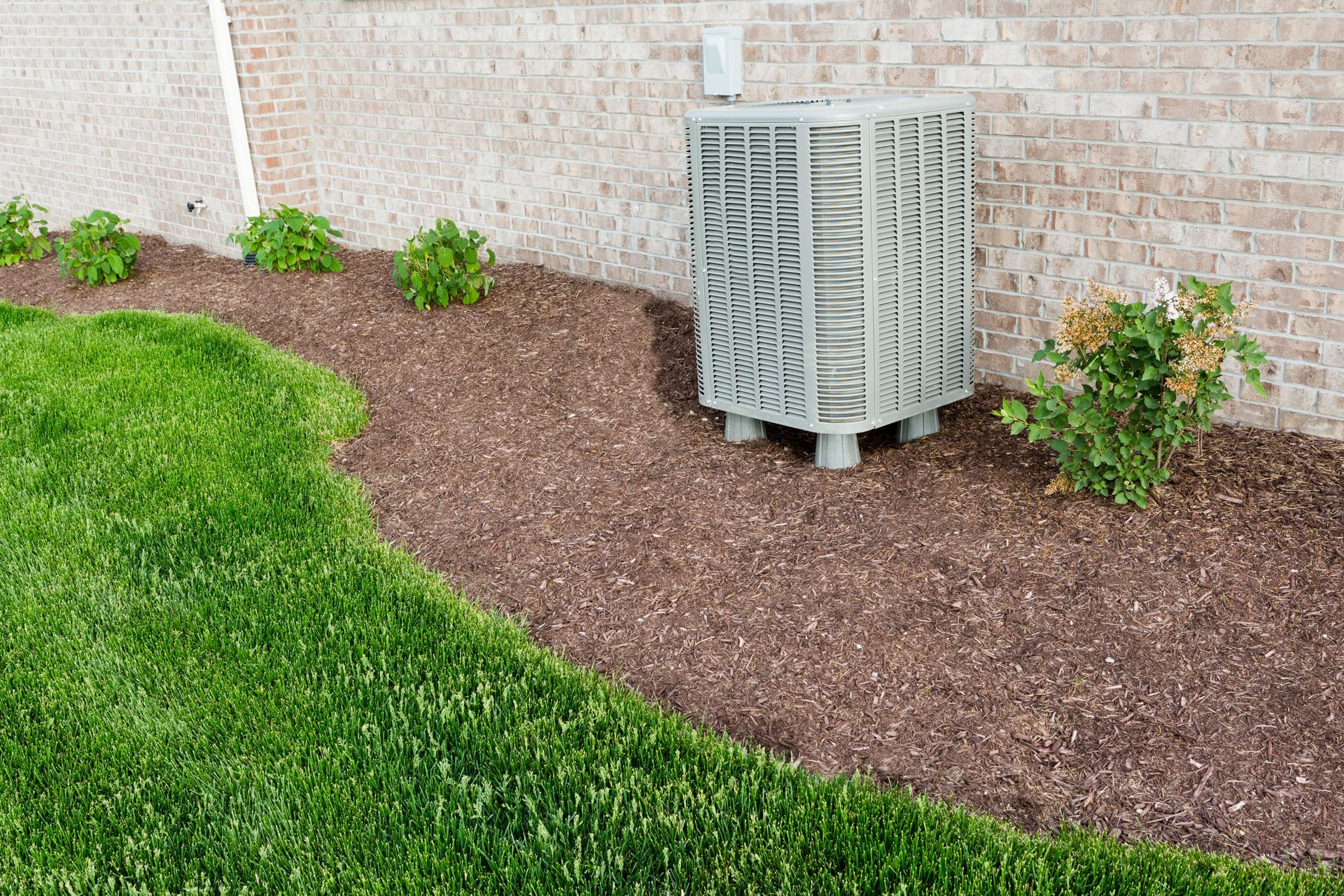
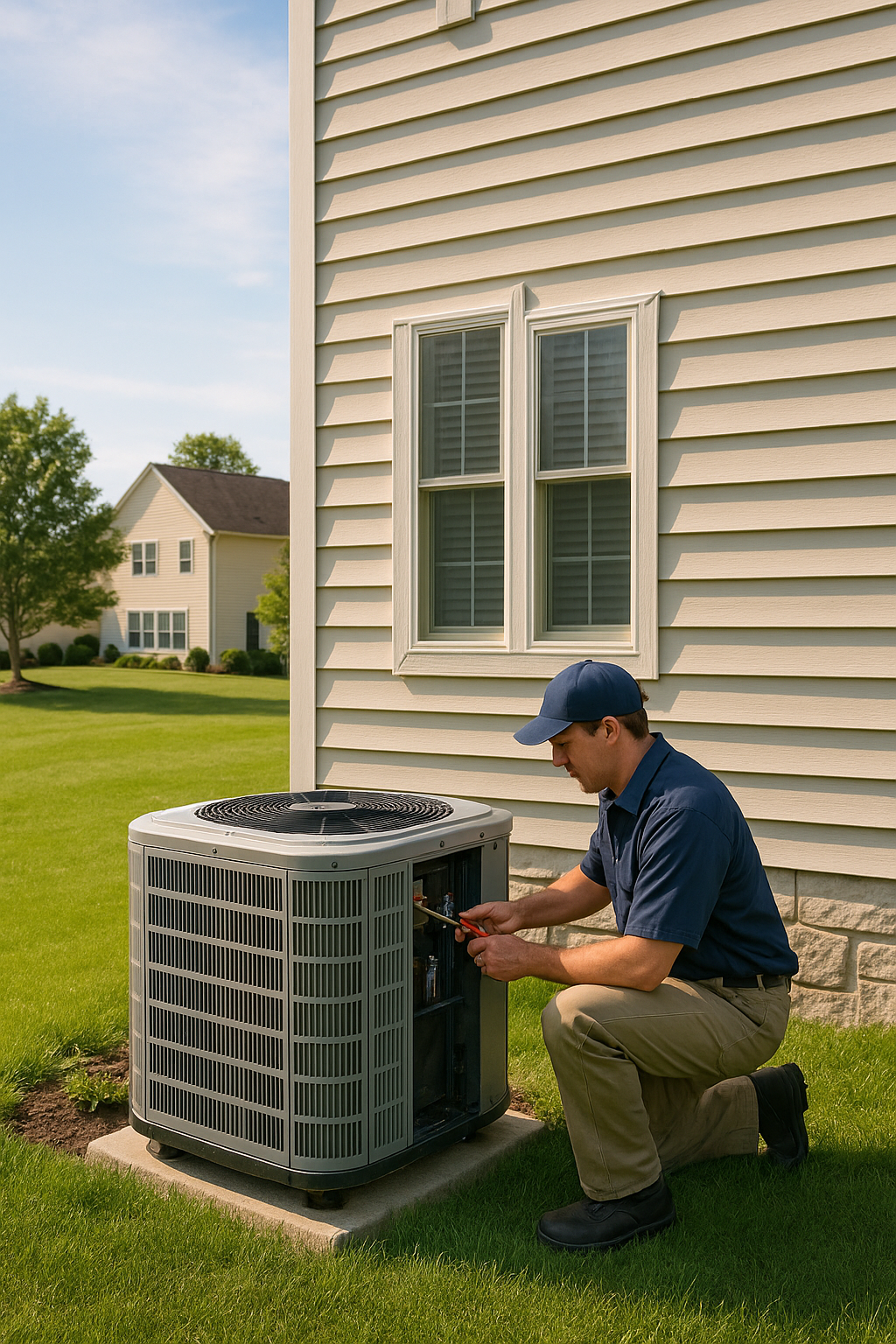
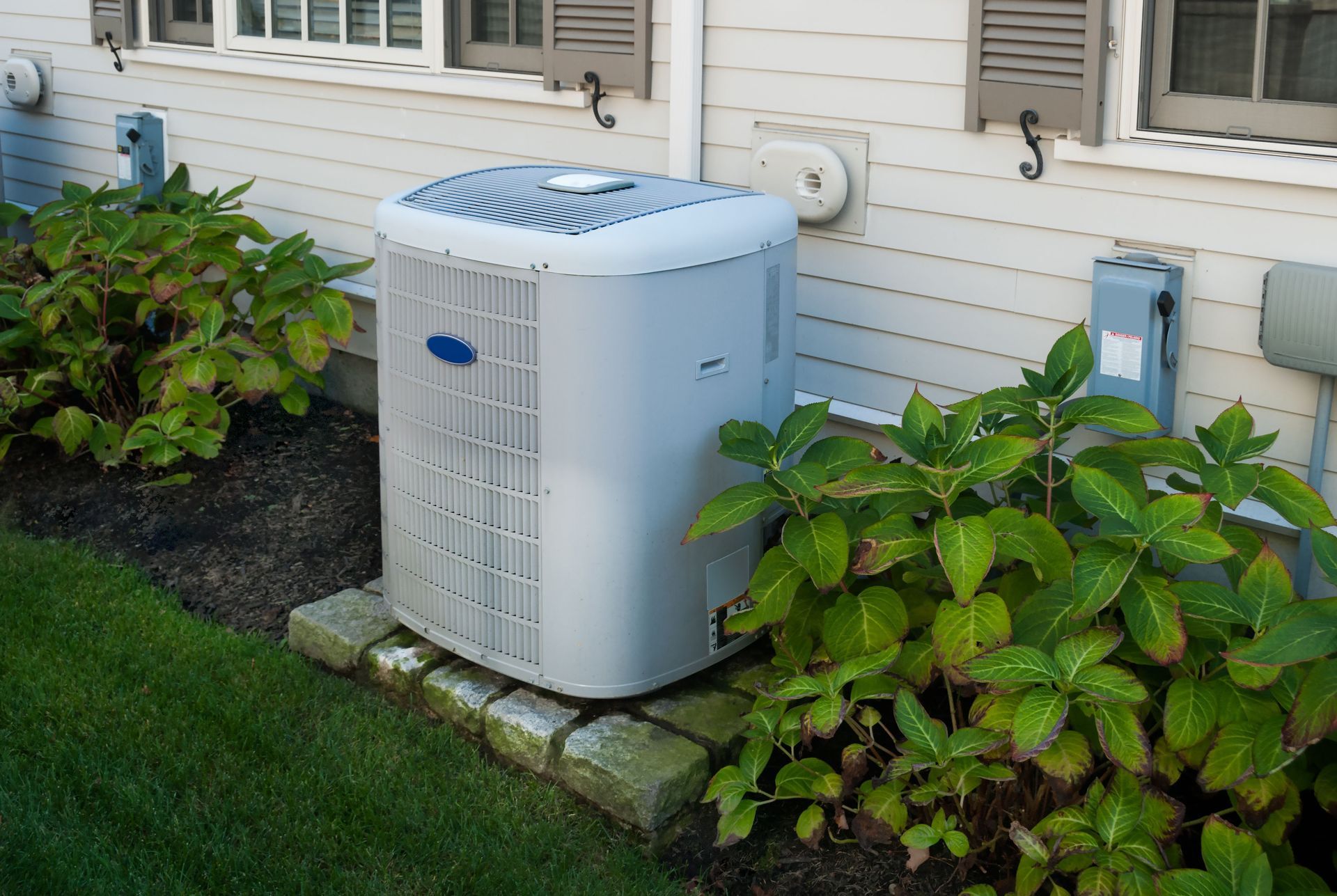


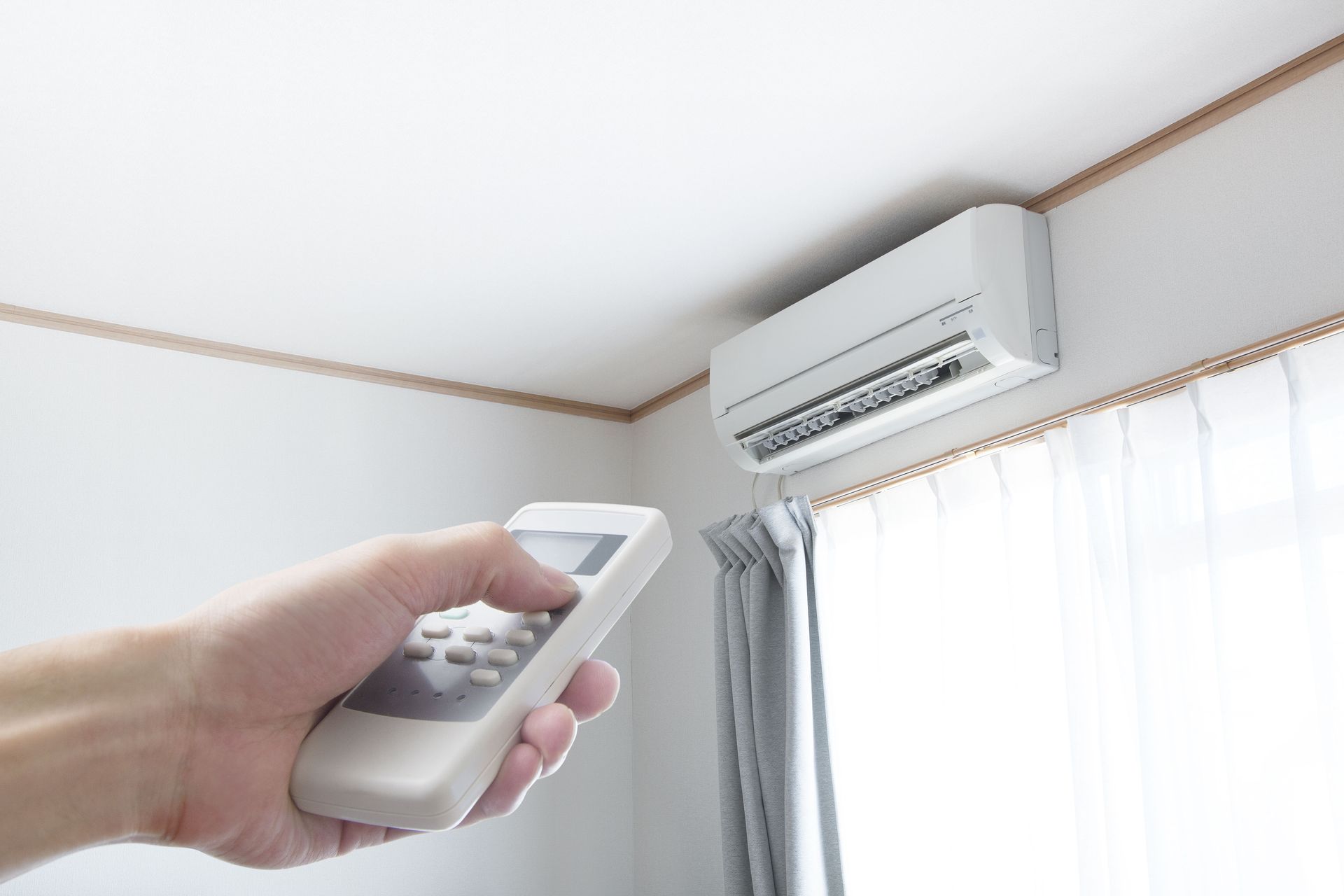


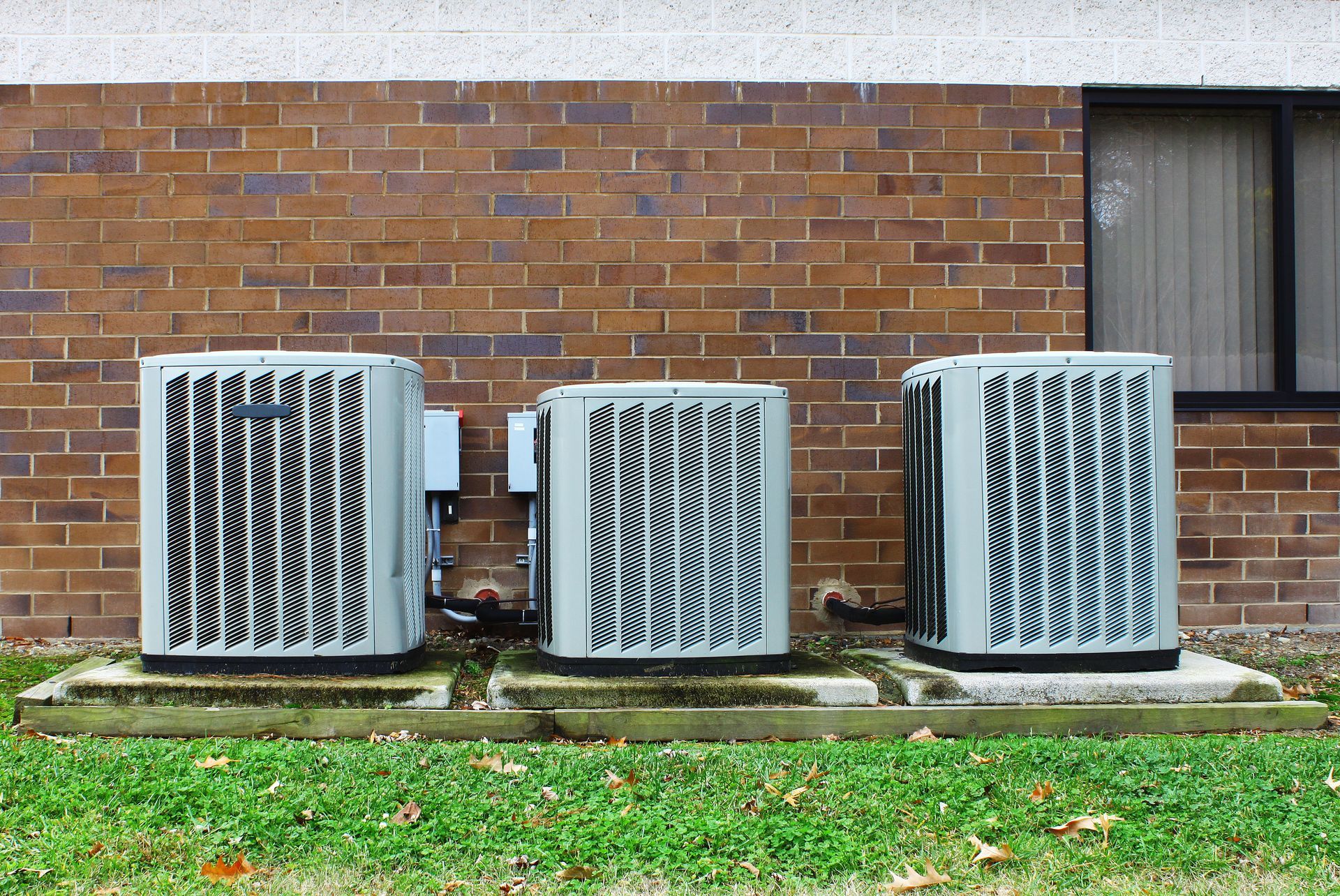
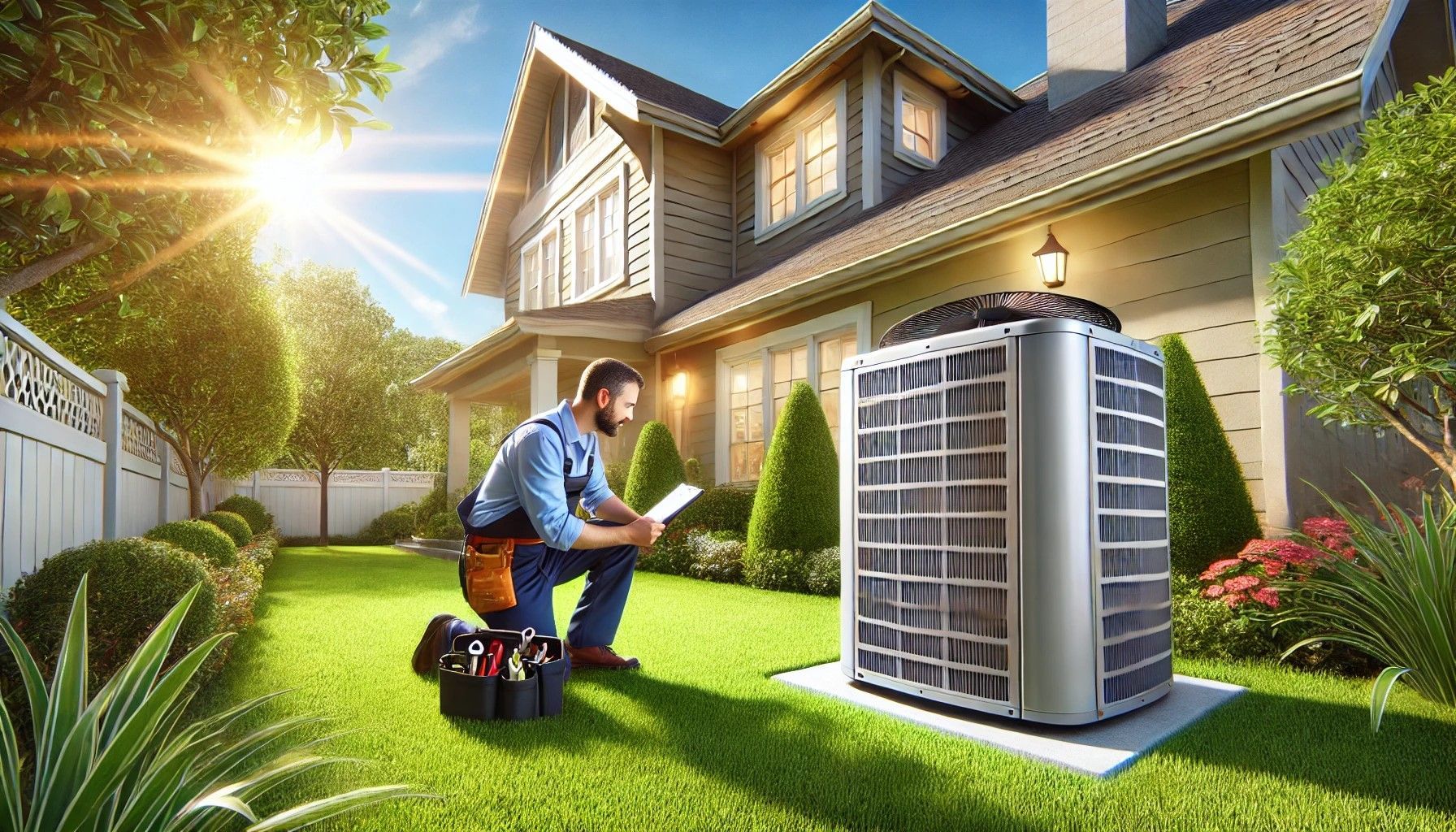
Share On: